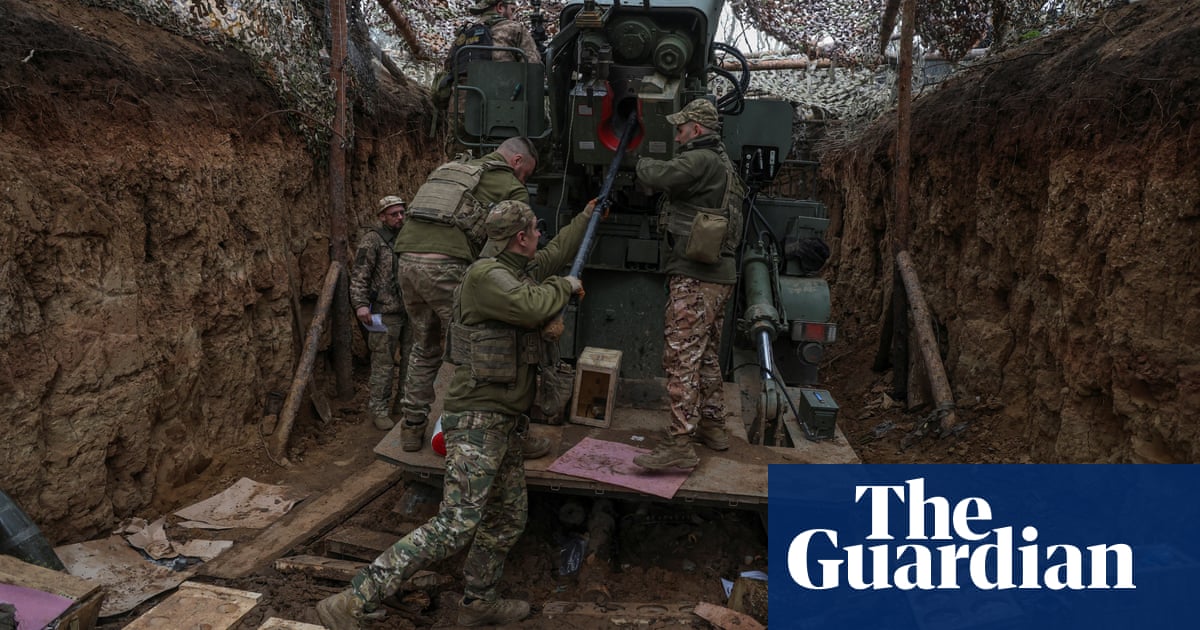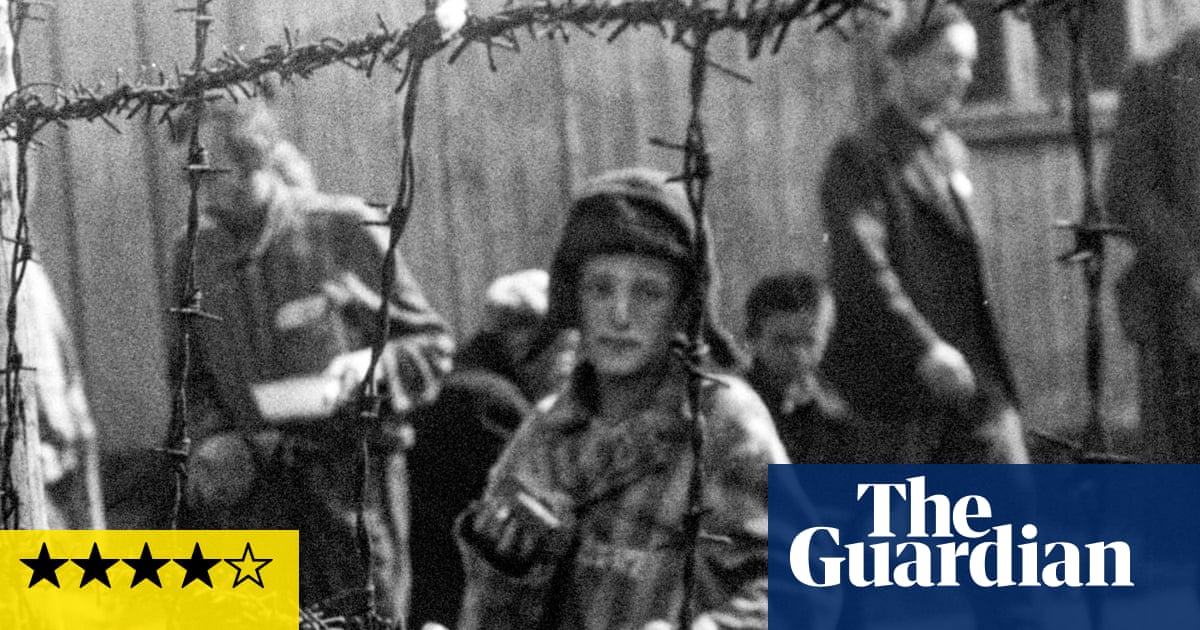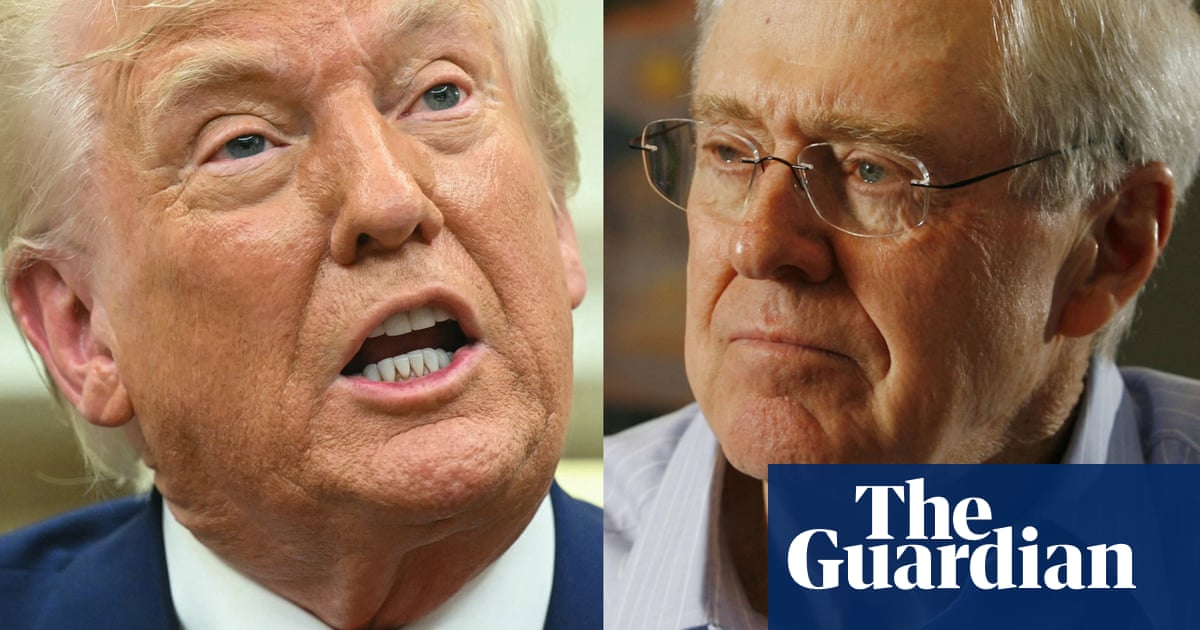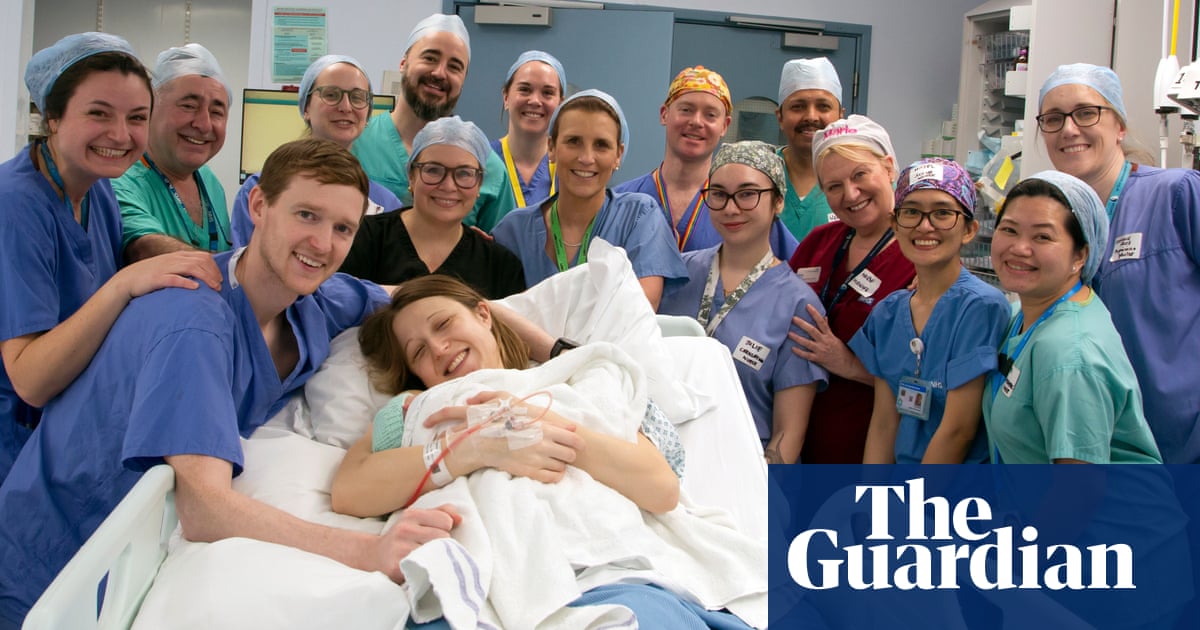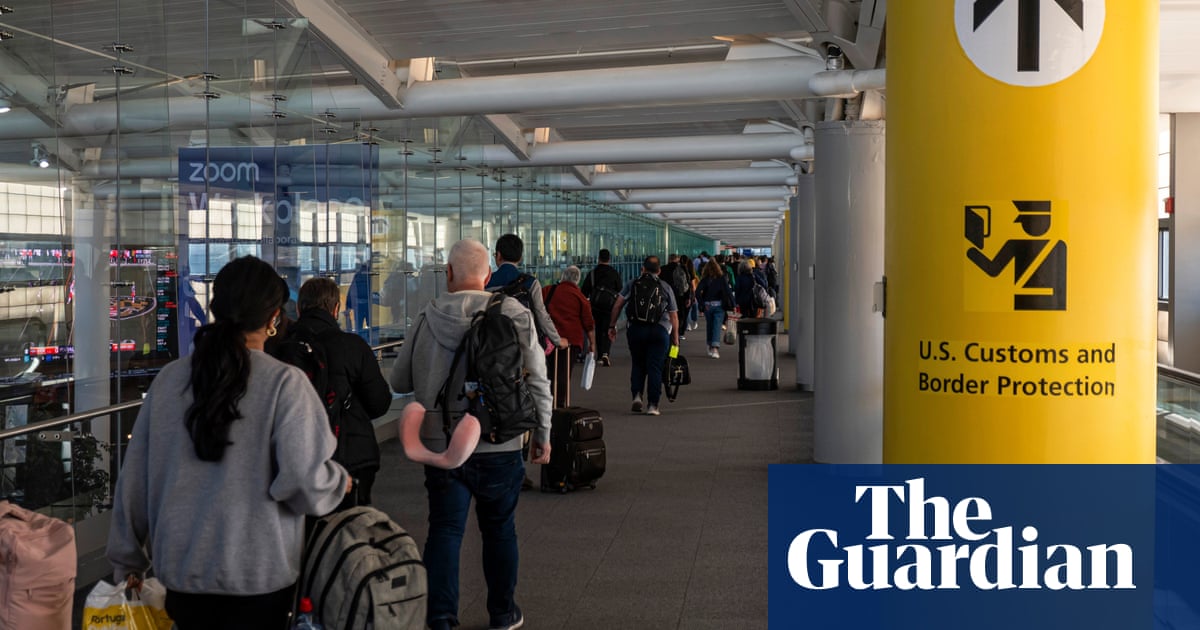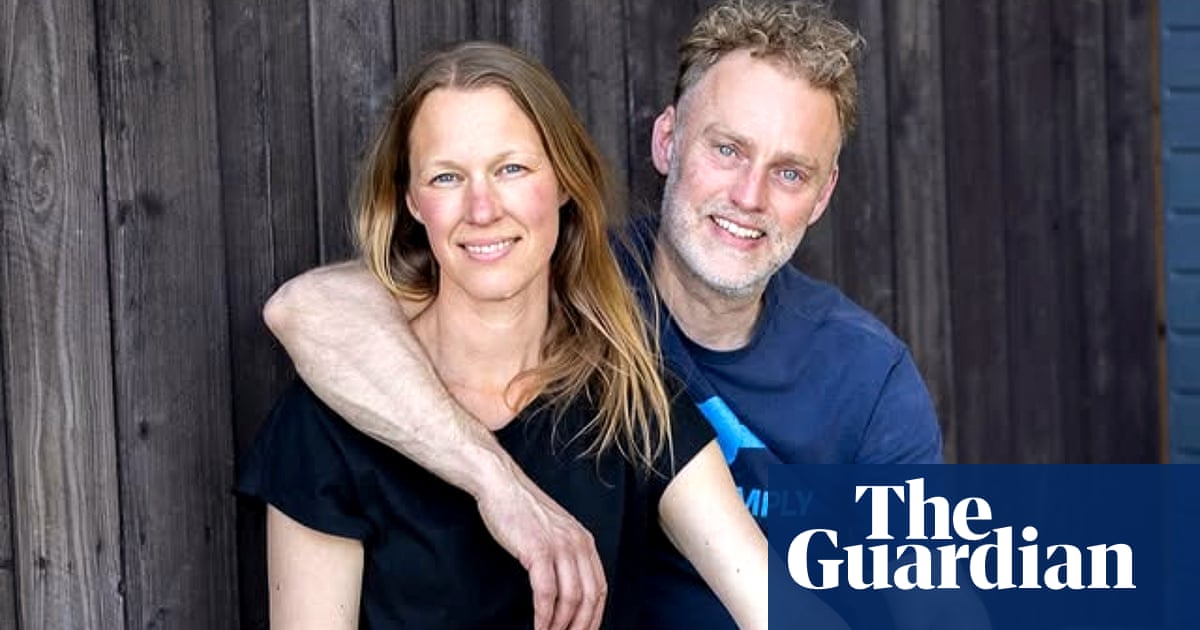It is 80 years since the liberation of Auschwitz. That means it won’t be long before all the people who lived through the Holocaust are gone. It is now left to those who weren’t there – such as the historian Simon Schama, born in London two weeks after the liberation – to ensure it is never forgotten or misremembered, and to preserve its lessons for future generations.
But how to go about it? In his new show, one of Schama’s main methods is to unflinchingly relive the depravity. The Road to Auschwitz holds you in its grip and forces you to absorb the details. We hear of Jewish people being murdered using high-pressure water hoses. We see photographs of the cramped, repellent ghettoes, in which they were starved until they resembled walking skeletons as children froze to death in the streets. We see the piles of shrivelled corpses in Auschwitz. We hear that the slaughter was so prolific that the camp’s purpose-built crematoriums became clogged with fat; in Schama’s words, “the furnaces were gagging”. An inmate of Auschwitz – who buried his testimony in the ground before he perished – describes the burning of corpses: the skin blisters and bursts in seconds, the stomach explodes, blue flames come out from the eye sockets, the head burns longest.
Told in this way, the Holocaust will never not be shocking to the point of utter incomprehensibility. But The Road to Auschwitz is also concerned with how the murder of Jewish people on an industrial scale was tolerated by Europe as a whole. This is not a journey back to the advent of antisemitism (that was a subject for Schama’s 2013 series, The Story of the Jews), although centuries of hatred obviously played a key role. Instead, Schama returns to the early years of the second world war.
First, he visits Kaunas in Lithuania, occupied by Germany in 1941. There, a local rabbi was decapitated before Jews were killed in the town centre as their neighbours watched. A local film-maker has spent decades interviewing witnesses, including a man who remembers crying at the spectacle as a child – because he couldn’t get a clear view. In footage seemingly from the 1990s, a woman shows off her gold tooth, which was wrenched from the mouth of a Jewish person. She seems to be repressing a smile.
Lithuania was a test case for the Nazis – it proved, we hear, that there was a voracious appetite for the murder of Jews. The allies knew what the Nazis were doing in eastern Europe, but believed it could never happen in “tolerant” Britain. This is one misapprehension that still needs to be corrected, and by examining how the Holocaust took hold in the Netherlands – which had hitherto been the safest place in Europe for Jews – Schama lands on an extremely effective way of doing so. Initially, the Dutch deplored German antisemitism, “doffing their hats” to those forced to wear yellow stars and putting them at the front of queues. They even staged a widespread strike against their persecution. In the end, it didn’t make any difference: the public became fearful of their new overlords and 75% of Dutch Jews were murdered. The moral is simple: no country is immune to the forces of fascism.
Yet there are moments in this documentary when the very act of remembering the Holocaust feels hopelessly complicated. Schama’s decision to retell it via graphic depictions of the violence and horror does an important job: it ensures the Holocaust continues to rank as one of the very worst events in human history. However, the events in the Netherlands suggest the power of sympathy is negligible. Rather than naked fear or a vicarious sense of personal trauma, “pity is what others [who] aren’t Jews feel” about the Holocaust, says Schama, standing on the site of Auschwitz for the first time in his life. “Screw the pity.”
What should go in its place is a question this programme doesn’t answer, unless you count a close synonym. Schama spends much of this documentary bumping up against the limits of language when attempting to articulate his response to the atrocity; “deeply distressing” is sometimes the best English can do. He gives the final word to the Holocaust survivor Marian Turski, who died in February this year. “Evil comes step by step,” says Turski. “And therefore you shouldn’t be indifferent. Let’s start with reducing hatred.” He reads from a poem: “The most important thing is compassion. Its absence dehumanises.” Pity, compassion, sympathy: they can’t fight fascism alone – but a world without them doesn’t bear thinking about.

.png) 5 hours ago
2
5 hours ago
2
